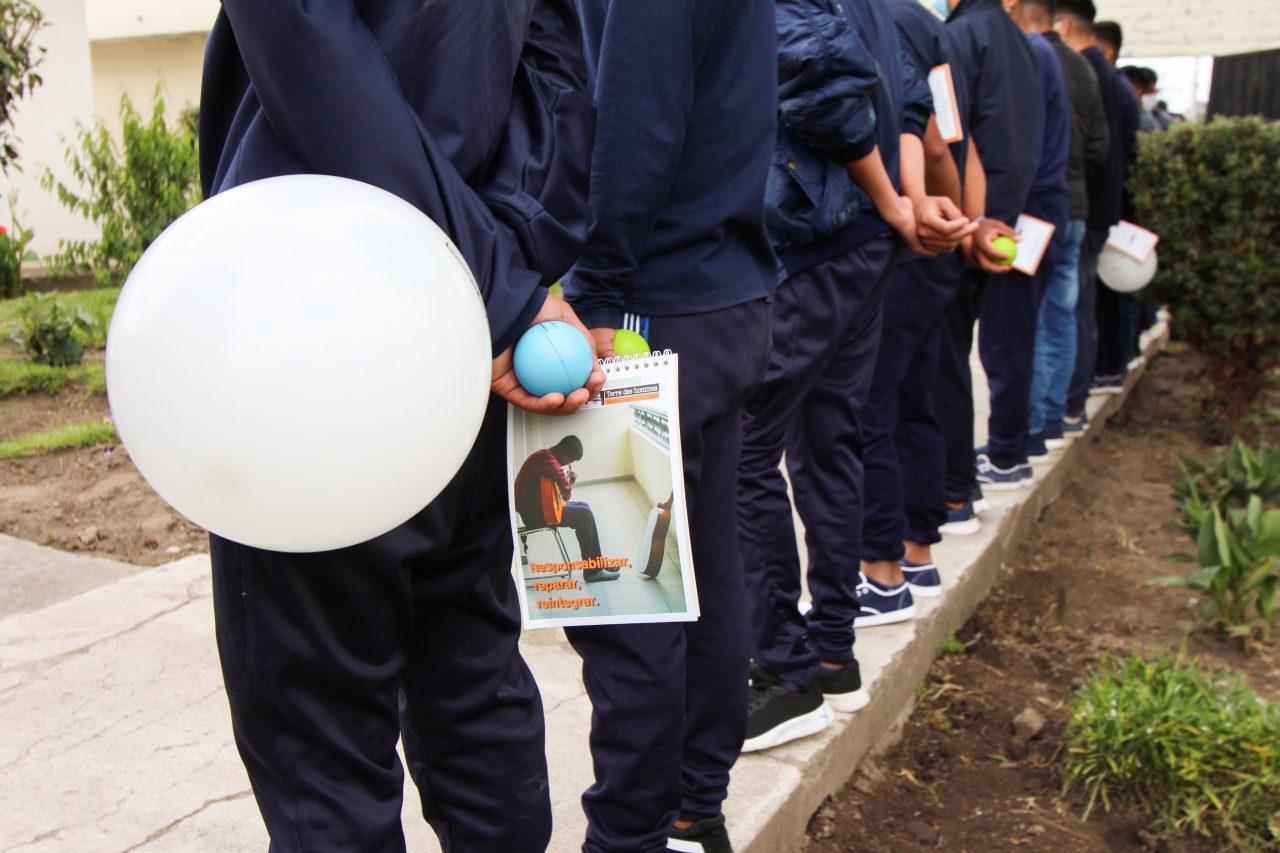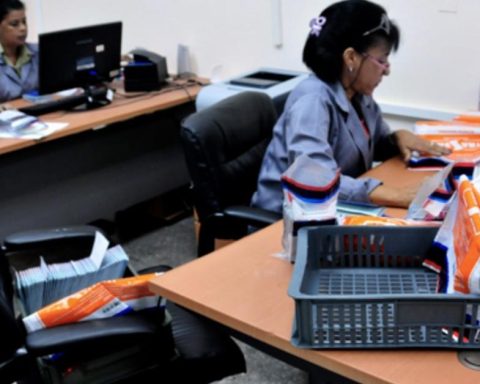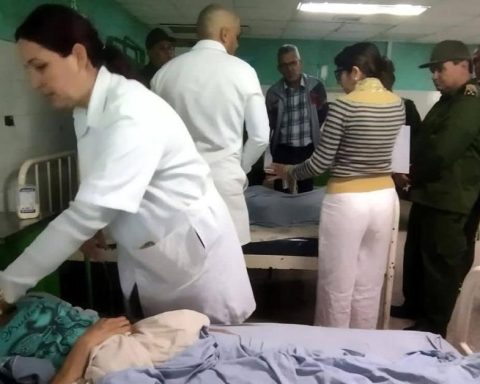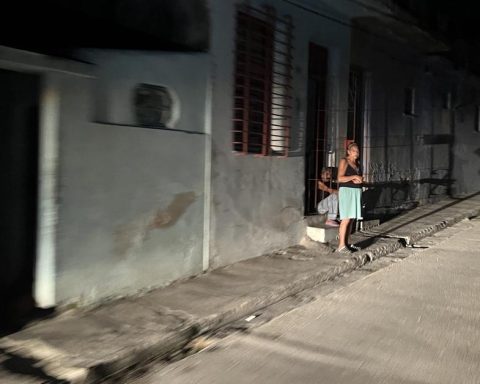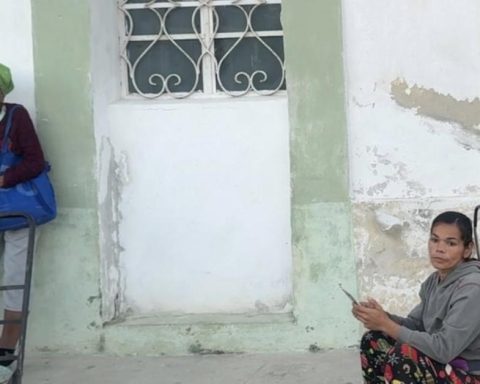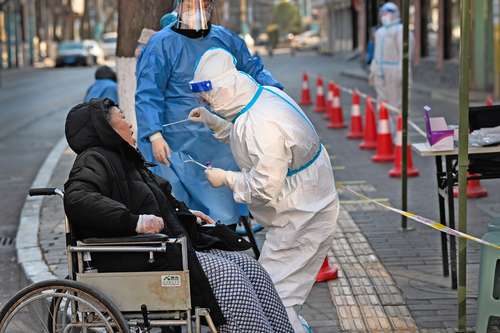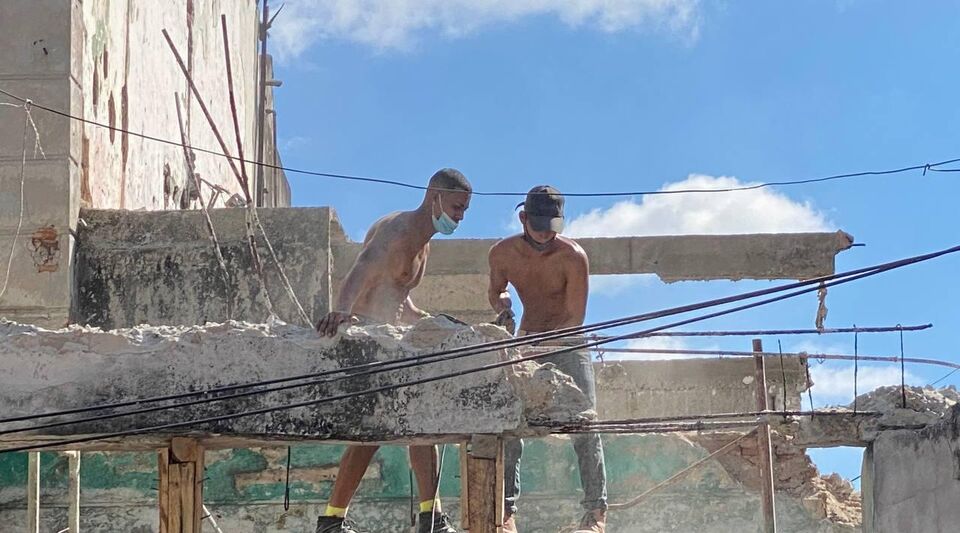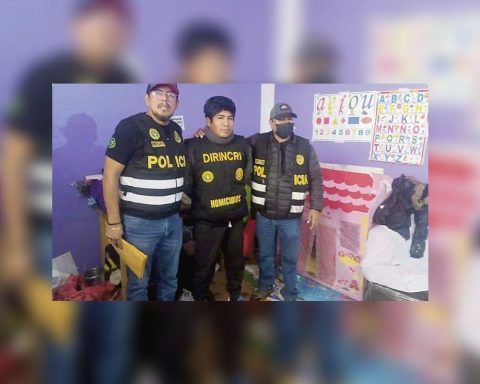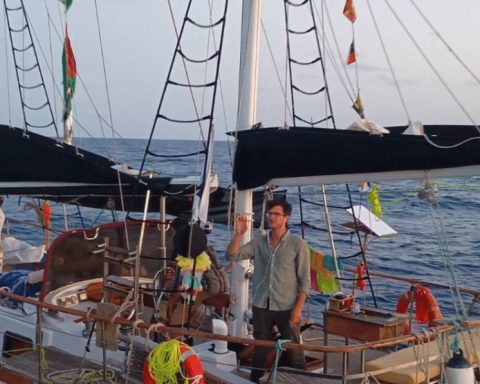In Ecuador, any sexual relationship with persons under the age of 14 is considered rape. For those who pass this age, the Constitutional Court issued parameters on consent.
In Ecuador there are 404 young offenders with private measures interned in one of the 11 centers, nationwide. Of this number, 55% have been accused of rape.
The sexual assault It is one of the main causes for which a minor is sentenced to up to eight years of deprivation of liberty. However, in many of the cases, the defendants had consensual sexual relations, the foundation notes. TDH-L Ecuador, who works in the restorative juvenile justice project with the National Service of Comprehensive Attention to Adults Deprived of Liberty and Adolescent Offenders of Ecuador (SNAI).
Consent parameters
Ecuadorian legislation specifies that any sexual relationship with minor people 14 years old is violation. And even before the ruling of the Constitutional Court (CC) on the consent of people, from the age of 14, the Comprehensive Organic Criminal Code (COIP) determined that a person under 18 years of age cannot give consent to maintain sexual intercourse.
“This is an issue that is being debated in an important way in our society,” says María Verónica Pólit, coordinator of the Restorative Juvenile Justice project of the Terre des Hommes-Lausanne Foundation (Tdh-L) in Ecuador, who highlights that all criminalized minors are men.
In a past interview, with this medium, Pólit, he indicated that international regulations on young offenders are not met. For example, the Inter-American Court of Human Rights (IACHR) details that the minimum age of criminal responsibility is from 14 years, while in the country it is from 12 years.
About sexual crimes the same thing happens. The international standard specifies that there is rape when the age difference is more than three years, for example, if a 17-year-old has sexual relations (even consensual) with a 14-year-old girl.
The COIP however, it does not add this precision, so the three-year difference standard does not apply.
How does the ruling of the Constitutional Court act?
On December 23, 2021, the CC decided that consent is important in sexual relations between adolescents between 14 and 18 years old. (That is, anyone over 18 who is related to a minor will be penalized).
This decision, however, is more complex than what could be seen on social networks, where it was even stated that there was legality “for pedophilia.”
The declaration of constitutionality is additive, that is, it is fulfilled as long as a series of parameters have been verified (see box).
The Court modified paragraph 5 of article 175 of the COIP, which reads: “in sexual crimes, the consent given by the victim under 18 years of age is irrelevant.” With the ruling, the Assembly must replace it by: “in sexual crimes, the consent given by the victim under 18 years of age is irrelevant, except in the cases of persons over 14 years of age who are capable of consenting to a sexual relationship ”.
The constitutional lawyer, Amanda Marín, says that the CC avoids the criminalization of adolescents for having sexual relations and “recognizes them as subjects of rights, capable of making decisions about their lives – including their sexuality.” For Marín, although the centers for adolescent offenders are not overcrowded, experiencing criminalization “when young people have consented to a sexual relationship has long-term repercussions.” In addition, it alleges that it will be more feasible to accelerate the investigations when, in fact, this crime has been committed. (AVV)
Parameters
Consent for sexual relations in minors between 14 and 18 years old.
- Consent: it must be given freely, voluntarily, autonomously, without pressure of any kind, without violence, threat or coercion.
- Maturity: The adolescent who claims to have consented to a sexual relationship must be able to do so based on his / her maturity, progressive autonomy and evolution of faculties.
- The non-existence of asymmetric or unequal power or submission relationships that vitiate said consent. For this, the following aspects should be considered, among other aspects:
- The age difference,
- Sex,
- The degree of kinship,
- The degree of maturity,
- The experience,
- Membership of a minority group,
- The existence of a disability,
- The social, economic and cultural and ethnic context, among others
- Superior interest: the assessment of consent must be carried out individually through the evaluation and determination of the principle of superior interest and guaranteeing the right to be heard by adolescents, in accordance with the provisions of this judgment.
- Specialized justice: in the event that an adolescent is considered an active subject for having sexual relations with another adolescent, all authorities must consider the particularities and guiding principles of specialized justice in adolescent offenders and will take into account their age difference, together with the other established parameters
Minors
Offenses for deprivation of liberty:
- Sexual violence, theft, substance trafficking and crimes against life
Infractions for non-exclusive measures:
- Petty theft (where force has not been exerted)
- Unsafe internet (bullying or sexual harassment)
El Código de la Niñez y la Adolescencia señala que se considera adolescente a la persona que tiene entre 12 y 18 años de edad.
“Many of the young people who are in the system for sexual crimes have been criminalized for having consensual relationships with girlfriends of the same age”, María Verónica Pólit, coordinator of the Restorative Juvenile Justice project of TDH-L Ecuador.
“Nobody wins when an adolescent person is denounced and accused of exercising one of their freedoms.” Ramiro Ávila, magistrate of the Constitutional Court
